Publisher Colin Hastings answers questions from readers and friends about Thailand’s oldest expat magazine
Twenty years is a long time in publishing. Did you ever think you’d be still running The BigChilli in 2020?
Never gave it a thought back in 1999. The economy had experienced a couple of bad years, so I thought the good times would soon roll again. They did and then they didn’t. But it’s always been fun producing the magazine, and seeing off the competition! Besides, I’m not fit for anything else.
So why did you launch The BigChilli?
As I said, I thought it was a good idea at the time!
No, really. How did BigChilli come about?
Long story, going back to early 90s and in a way, even earlier. So be patient, please. Back in 1991, almost a decade before BigChilli, I was asked by the Bangkok Post to launch this country’s first international magazine – Thailand Tatler. It was an assignment I relished. As a career journalist with lots of experience in newspapers and launching magazines, I saw it as a pretty straightforward job. It wasn’t. In the space of just four months on a small budget and miniscule salary I had to recruit staff, most of whom had no journalistic or publishing experience, take lessons (which I really didn’t need, or so I thought) from our partners and owners of the brand in Hong Kong, chase down suitable stories and get them written, edited and proofed to fit the franchisor’s strict editorial and design guidelines, find photographers, and give the sales team lots of stick. That was just for the first issue. All too soon the second issue beckoned…
Never gave it a thought back in 1999. The economy had experienced a couple of bad years, so I thought the good times would soon roll again. They did and then they didn’t. But it’s always been fun producing the magazine, and seeing off the competition! Besides, I’m not fit for anything else.
So why did you launch The BigChilli?
As I said, I thought it was a good idea at the time!
No, really. How did BigChilli come about?
Long story, going back to early 90s and in a way, even earlier. So be patient, please. Back in 1991, almost a decade before BigChilli, I was asked by the Bangkok Post to launch this country’s first international magazine – Thailand Tatler. It was an assignment I relished. As a career journalist with lots of experience in newspapers and launching magazines, I saw it as a pretty straightforward job. It wasn’t. In the space of just four months on a small budget and miniscule salary I had to recruit staff, most of whom had no journalistic or publishing experience, take lessons (which I really didn’t need, or so I thought) from our partners and owners of the brand in Hong Kong, chase down suitable stories and get them written, edited and proofed to fit the franchisor’s strict editorial and design guidelines, find photographers, and give the sales team lots of stick. That was just for the first issue. All too soon the second issue beckoned…
| For the next seven years or so I remained in charge of Tatler as Managing Editor. It was mostly an enjoyable and eye-opening period, with my position on the magazine giving me a free pass into the privileged but often illusionary world of Thai ‘high society.’ At first it was a giddying experience, rubbing shoulders with the rich, the even richer and the famous, and forever wondering how they attained such wealth. Those I met were always very charming and accommodating, I must say, but after a while the scene lost some of its glitter, and I decided a move back to my roots was on the cards. Thus, in late 1998, I quit my job. While at Tatler, I had watched with interest at the large number of expatriates arriving on these shores. In fact, this sizeable influx had been going on since the early 1980s, driven mostly by the booming local construction industry and government infrastructure projects that required foreign expertise. Their main source of day to day news and information in Thailand was obviously the Bangkok Post, which by then was attempting to expand its Thai readership by replacing senior foreign staff with locals who they thought would be better equipped to understand their needs. This change in editorial and management direction created a gap in the market; Bangkok’s expats were being overlooked by the daily newspapers. Or so it seemed to me. Thus, a year before leaving Tatler, I sent the Post management a proposal (which I have kept) to launch a magazine for this now neglected group of readers. I even suggested a name – BigChilli. But for whatever reason, the Post turned down my proposal. The way was thus clear for me to launch The BigChilli. And with my money from the Bangkok Post’s provident fund, the first ‘pilot’ or experimental issue appeared in November 1999. |
Why ‘experimental’?
Actually, my first publication after leaving the Post was a travel magazine called Journeys. It was a financial success from the start – an almost unheard-of situation in the media business. Then something happened in October 1999 which changed everything. I won’t go into details but in brief my nephew, a likely lad of just 20 on a visit to Thailand, died tragically on his very first night in Bangkok. He was the victim of a robbery that went badly wrong. His death was recorded in the most egregious and disrespectful way by the Thai press which considered it OK to screen his lifeless body on live TV, along with his utterly shattered and weeping father – my brother – to a national audience. It was the media at its most disgraceful. Even the Bangkok Post got details of his demise badly wrong.
I was outraged. The death of a foreigner here counted for not much, it seemed to me.
My anger led me to push Journeys to one side for the moment while I concentrated instead on an expat magazine that would not only fill a gap in the market but also given foreigners a voice, however small, in this country.
That first ‘experimental’ BigChilli appeared in November 1999 not to great acclaim but to a gentle round of applause, which encouraged me to give it a proper send-off in January 2000.
Journeys didn’t appear again. Which is a shame.
Actually, my first publication after leaving the Post was a travel magazine called Journeys. It was a financial success from the start – an almost unheard-of situation in the media business. Then something happened in October 1999 which changed everything. I won’t go into details but in brief my nephew, a likely lad of just 20 on a visit to Thailand, died tragically on his very first night in Bangkok. He was the victim of a robbery that went badly wrong. His death was recorded in the most egregious and disrespectful way by the Thai press which considered it OK to screen his lifeless body on live TV, along with his utterly shattered and weeping father – my brother – to a national audience. It was the media at its most disgraceful. Even the Bangkok Post got details of his demise badly wrong.
I was outraged. The death of a foreigner here counted for not much, it seemed to me.
My anger led me to push Journeys to one side for the moment while I concentrated instead on an expat magazine that would not only fill a gap in the market but also given foreigners a voice, however small, in this country.
That first ‘experimental’ BigChilli appeared in November 1999 not to great acclaim but to a gentle round of applause, which encouraged me to give it a proper send-off in January 2000.
Journeys didn’t appear again. Which is a shame.
Where did the name BigChilli come from?
For many years, New York has been known as the Big Apple. Now if Bangkok was going to be likewise nicknamed, I asked myself which fruit best suits the city’s character? Mango – too sweet or sour. Orange – no connection. Banana – hmmm, no.
Chilli is just right. Hot and spicy – and unforgettable. That’s Bangkok.
What was the original editorial plan?
Same as today – we focus on Thailand’s expatriate community, though not exclusively. We report on many local activities organized and inspired by Thais, especially major festivals, important events and social occasions in Bangkok, Chiang Mai, Pattaya, Hua Hin, Phuket and elsewhere in Thailand..
Regular columns in the magazine reflect our editorial policy – profiles of key members of the expat society, news, chitchat, dining, restaurant reviews and tips, all kinds of sport, business and new start-ups, parties and get-togethers, schools and teachers, and interviews with ambassadors. In fact, there’s not much that we don’t cover when it comes to the foreign community in Thailand.
Has your reader profile changed over the last 20 years?
According to our research, the number of expats in Thailand continues to increase, despite the economic slowdown. They include the thousands of teachers now based in well over 120 international schools as well as a growing number of local schools. While the average age of other expats has increased slightly over the past decade, it’s been offset to a certain extent by these teachers, most of whom are much younger.
At the same time, there’s been a steady inflow of foreign entrepreneurs ready to set up their own businesses. It’s a phenomenon we at BigChilli know very well and recognize in our annual Expat Entrepreneur Awards, which never fail to produce some really amazing business ideas.
Has the new technology been a net benefit to The BigChilli or has the trend away from print to online publishing offset any productivity
improvements such as computerized layout?
From the start, we’ve embraced the so-called new technology. Back in 2000 we launched one of the first local websites, www.ultimate-thailand.com, which was not fully appreciated at that time. Anyway, it evolved into our present website (www.thebigchilli.com) and our other social media platforms.
These days we promote ourselves as ‘a social media business with a printed magazine’ AND / OR ‘a printed magazine with online platforms.’
There’s no denying business has become much tougher, not because of competition from other publishers and social media outfits, but because of financial factors such as cash flow and the economy in general. Launching a magazine like BigChilli today would require far more investment than 20 years ago.
For many years, New York has been known as the Big Apple. Now if Bangkok was going to be likewise nicknamed, I asked myself which fruit best suits the city’s character? Mango – too sweet or sour. Orange – no connection. Banana – hmmm, no.
Chilli is just right. Hot and spicy – and unforgettable. That’s Bangkok.
What was the original editorial plan?
Same as today – we focus on Thailand’s expatriate community, though not exclusively. We report on many local activities organized and inspired by Thais, especially major festivals, important events and social occasions in Bangkok, Chiang Mai, Pattaya, Hua Hin, Phuket and elsewhere in Thailand..
Regular columns in the magazine reflect our editorial policy – profiles of key members of the expat society, news, chitchat, dining, restaurant reviews and tips, all kinds of sport, business and new start-ups, parties and get-togethers, schools and teachers, and interviews with ambassadors. In fact, there’s not much that we don’t cover when it comes to the foreign community in Thailand.
Has your reader profile changed over the last 20 years?
According to our research, the number of expats in Thailand continues to increase, despite the economic slowdown. They include the thousands of teachers now based in well over 120 international schools as well as a growing number of local schools. While the average age of other expats has increased slightly over the past decade, it’s been offset to a certain extent by these teachers, most of whom are much younger.
At the same time, there’s been a steady inflow of foreign entrepreneurs ready to set up their own businesses. It’s a phenomenon we at BigChilli know very well and recognize in our annual Expat Entrepreneur Awards, which never fail to produce some really amazing business ideas.
Has the new technology been a net benefit to The BigChilli or has the trend away from print to online publishing offset any productivity
improvements such as computerized layout?
From the start, we’ve embraced the so-called new technology. Back in 2000 we launched one of the first local websites, www.ultimate-thailand.com, which was not fully appreciated at that time. Anyway, it evolved into our present website (www.thebigchilli.com) and our other social media platforms.
These days we promote ourselves as ‘a social media business with a printed magazine’ AND / OR ‘a printed magazine with online platforms.’
There’s no denying business has become much tougher, not because of competition from other publishers and social media outfits, but because of financial factors such as cash flow and the economy in general. Launching a magazine like BigChilli today would require far more investment than 20 years ago.
| Who have been your mainstay advertisers? Our most loyal customer is without a shadow of doubt is Bourbon Street Restaurant & Oyster Bar, which has advertised in every single of the BigChilli. So huge thanks to its proprietor Doug Harrison. Other loyal advertisers include The Landmark Hotel, which has supported us for the best part of 20 years, as well as Foodland, Marriott Hotels, Centara and Piri Piri. We also have many international schools, pubs, bars, restaurants, airlines, spas, and property companies advertising regularly in the magazine. |
Are you optimistic about the future of print media as a whole?
There will always be a demand for print media though of course not to the same extent as in the past. People still like to touch, feel and even sniff newly printed magazines. They also like to keep copies of their favorite publications, which doesn’t happen with online media. Advertisers benefit enormously from printed magazines since their message often lasts for many months, even years. But only quality publications will stay the course.
There will always be a demand for print media though of course not to the same extent as in the past. People still like to touch, feel and even sniff newly printed magazines. They also like to keep copies of their favorite publications, which doesn’t happen with online media. Advertisers benefit enormously from printed magazines since their message often lasts for many months, even years. But only quality publications will stay the course.
| Of all the people you’ve met and interviewed for BigChilli, who was the most impressive? There have been so many, but I will single out two-time former prime minister of Thailand Anand Panyarachun as the most impressive. Supremely intelligent, fair-minded and progressive, Khun Anand was an outstanding diplomat and politician, and remains a great believer in true democracy for this country. It’s a shame he couldn’t have served longer as PM. I am proud to count him as a personal friend and former squash partner. Among the others who impressed me was Kurt Wachtveilt, longtime GM of the Oriental Hotel. A brilliant hotelier, urbane and sophisticated, who was (and still is today) a highly amusing raconteur, wonderfully irreverent and thoroughly entertaining. Others include Abhisit Vejajiva, who The BigChilli interviewed almost 20 years ago predicted would one day become Thailand’s prime minister, and David Fall, the very charming and elegant British Ambassador to Thailand 2003-2007. My former colleague and business Alwin Zecha, who sadly passed away last year, was a tremendous character and visionary for the tourism industry. Surprisingly, I seemed to click with Gore Vidal, the celebrated American writer with the acerbic wit. Our scheduled 30-minute interview lasted more than two hours. I must also mention Edwin Wiek, founder of Wildlife Friends Foundation of Thailand for his courageous work rescuing maltreated and neglected wild animals; Therese Beauvais and her husband Kevin for their tremendous fund-raising activities on behalf of Operation Smile; and Chris Craker for building his innovative and pioneering Karma Music Studios in Bang Saray. It was great to chat to Boris Johnson during his visit to Thailand as Britain’s foreign minister, and on two occasions I met Britain’s Prince Andrew, who left me decidedly underwhelmed. He seemed to have other things on his mind. Finally, I must say my beautiful daughters always impress me. One day I will talk about the many other impressive characters I met in even earlier times |
Of all the interviews over the years, who made you laugh the most?
No one does it better than Patrick ‘Shrimp’ Gauvain. He’s a laugh a minute, even though some of stories are a tad risqué and often outrageous. Long term expat Gale Bailey is always fun to chat with. And my two great friends, David ‘Buster’ Williamson and Vincent Swift are a source of endless hilarious anecdotes. Mustn’t forget Billy Brunsdon, always good for laugh, mostly at himself.
What about your staff – how have they been over the years?
Several of the present team have been with the magazine for many years. They’re happy and I’m happy. We have also seen many come and go – often to get married to expats they’ve met while working for us. Maybe we should start a magazine called Tinder!
Your office is still located in Convent Road?
We’ve been in this area for 20 years, firstly above the Toby Jug pub in Silom, then for 16 years above another pub, Molly Malone’s, in the Sriboonruang building, which has just been demolished, and now in our present location in the FMA Building behind Indigo restaurant.
How many interns, trainees / students have passed through the BC training camp?
In a single year we welcome six or more interns, so that’s about 120 in total. Apart from one cocky and delusional lad who thought he should sent on a fashion shoot on his third day with us and quit when we said he needed some real experience, they’ve all been simply marvelous, smart and willing to learn – a credit to their schools and universities.
If you were starting again, would you do anything differently?
Keep a much closer eye on costs. And my pretty staff!
No one does it better than Patrick ‘Shrimp’ Gauvain. He’s a laugh a minute, even though some of stories are a tad risqué and often outrageous. Long term expat Gale Bailey is always fun to chat with. And my two great friends, David ‘Buster’ Williamson and Vincent Swift are a source of endless hilarious anecdotes. Mustn’t forget Billy Brunsdon, always good for laugh, mostly at himself.
What about your staff – how have they been over the years?
Several of the present team have been with the magazine for many years. They’re happy and I’m happy. We have also seen many come and go – often to get married to expats they’ve met while working for us. Maybe we should start a magazine called Tinder!
Your office is still located in Convent Road?
We’ve been in this area for 20 years, firstly above the Toby Jug pub in Silom, then for 16 years above another pub, Molly Malone’s, in the Sriboonruang building, which has just been demolished, and now in our present location in the FMA Building behind Indigo restaurant.
How many interns, trainees / students have passed through the BC training camp?
In a single year we welcome six or more interns, so that’s about 120 in total. Apart from one cocky and delusional lad who thought he should sent on a fashion shoot on his third day with us and quit when we said he needed some real experience, they’ve all been simply marvelous, smart and willing to learn – a credit to their schools and universities.
If you were starting again, would you do anything differently?
Keep a much closer eye on costs. And my pretty staff!
What are the biggest changes to Bangkok you’ve seen over the last 20 years?
Unfortunately, most are a little bit negative. The traffic, the pollution, all the unnecessary shopping malls and the enforced disappearance of many street vendors. Wine is more widely available, but is taxed to the hilt. People are less patient mostly because of the endless congestion. On the bright side, the public transport system is expanding, thankfully. A nice coincidence for us – the BTS Skytrain is also celebrating its 20th anniversary.
Anyway, the biggest change in Bangkok has been the advent of the mobile. Everybody seems to have at least one and they spend hours glued to the screen. The Internet has displaced many traditional sources of news, though as explained earlier the BigChilli had adapted to the situation and is very much in touch with the technology.
One last change is the increasing value of the Thai baht. The strength of the baht continues to hurt people across the board.
What do you regard as BigChilli’s best stories over the years?
You’ll have to wait for the next issue of the magazine when we will feature some of the best and most important. For now, let me say we’re very proud of having highlighted the success of foreign SMEs (small and medium-sized enterprises) in our popular annual Expat Entrepreneur Awards. Their contribution to the Thai economy and its workforce is often overlooked, so we are pleased to bring it to the attention of the Government and the public at large.
Any strange occurrences or bloopers?
In 2007 we ran article about a new drug – Strawberry Quick, or something like that – which was supposedly a pink amphetamine targeted at school kids, to get them hooked. This turned out to be fake. But it didn’t stop a lot of news outlets running the same story.
Then there was the time when we received a parcel full of warm, brown goo. At first we thought it was, well you know what. Then we realized a hotel had sent us some chocolates through the post as a Xmas gift – on a particularly hot day.
Working very late to meet a deadline a few years back, we heard a crash from the adjoining bathroom as a security guard jumped through the window. We never did find out what he was doing out on the ledge at 4am.
I should also mention the time when a reader called to tell us we had missed a full stop on paragraph six, page 32 of a recent issue.
Biggest mistake over the years?
Agreeing to run a 12-month advertising campaign for a sleazy nightclub. They paid upfront and generously. Little did I realise that the ad would result in quite a few of our regular advertisers cancelling their ads.
Also, I learned to my cost that defamation is an expensive business, especially when the courts here work on the basis that you are guilty until proven innocent. Which is the opposite to most western systems.
Are optimistic about the future of print media as a whole?
There will always be a demand for print media though of course not to the same extent as in the past. People still like to touch, feel and even smell newly printed magazines. They also like to keep copies of their favorite publications, which doesn’t happen with online publications. Advertisers benefit enormously from printed magazines since their message often lasts for many months, even years. But only quality publications will stay the course.
What’s next?
Retirement isn’t an option for now, so we’re planning the next 20 years! Any suggestions are very welcome.
Unfortunately, most are a little bit negative. The traffic, the pollution, all the unnecessary shopping malls and the enforced disappearance of many street vendors. Wine is more widely available, but is taxed to the hilt. People are less patient mostly because of the endless congestion. On the bright side, the public transport system is expanding, thankfully. A nice coincidence for us – the BTS Skytrain is also celebrating its 20th anniversary.
Anyway, the biggest change in Bangkok has been the advent of the mobile. Everybody seems to have at least one and they spend hours glued to the screen. The Internet has displaced many traditional sources of news, though as explained earlier the BigChilli had adapted to the situation and is very much in touch with the technology.
One last change is the increasing value of the Thai baht. The strength of the baht continues to hurt people across the board.
What do you regard as BigChilli’s best stories over the years?
You’ll have to wait for the next issue of the magazine when we will feature some of the best and most important. For now, let me say we’re very proud of having highlighted the success of foreign SMEs (small and medium-sized enterprises) in our popular annual Expat Entrepreneur Awards. Their contribution to the Thai economy and its workforce is often overlooked, so we are pleased to bring it to the attention of the Government and the public at large.
Any strange occurrences or bloopers?
In 2007 we ran article about a new drug – Strawberry Quick, or something like that – which was supposedly a pink amphetamine targeted at school kids, to get them hooked. This turned out to be fake. But it didn’t stop a lot of news outlets running the same story.
Then there was the time when we received a parcel full of warm, brown goo. At first we thought it was, well you know what. Then we realized a hotel had sent us some chocolates through the post as a Xmas gift – on a particularly hot day.
Working very late to meet a deadline a few years back, we heard a crash from the adjoining bathroom as a security guard jumped through the window. We never did find out what he was doing out on the ledge at 4am.
I should also mention the time when a reader called to tell us we had missed a full stop on paragraph six, page 32 of a recent issue.
Biggest mistake over the years?
Agreeing to run a 12-month advertising campaign for a sleazy nightclub. They paid upfront and generously. Little did I realise that the ad would result in quite a few of our regular advertisers cancelling their ads.
Also, I learned to my cost that defamation is an expensive business, especially when the courts here work on the basis that you are guilty until proven innocent. Which is the opposite to most western systems.
Are optimistic about the future of print media as a whole?
There will always be a demand for print media though of course not to the same extent as in the past. People still like to touch, feel and even smell newly printed magazines. They also like to keep copies of their favorite publications, which doesn’t happen with online publications. Advertisers benefit enormously from printed magazines since their message often lasts for many months, even years. But only quality publications will stay the course.
What’s next?
Retirement isn’t an option for now, so we’re planning the next 20 years! Any suggestions are very welcome.
Thanks to Will Edwyn-Jones, Max Wechsler, David Hastings, R J Adams and Adam Purcell for their questions.

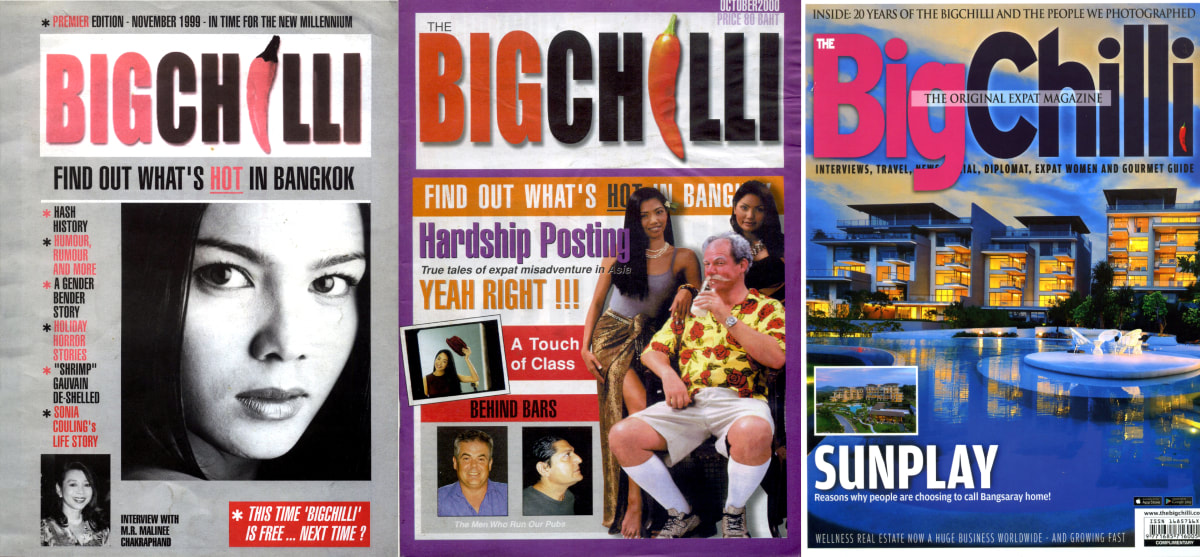
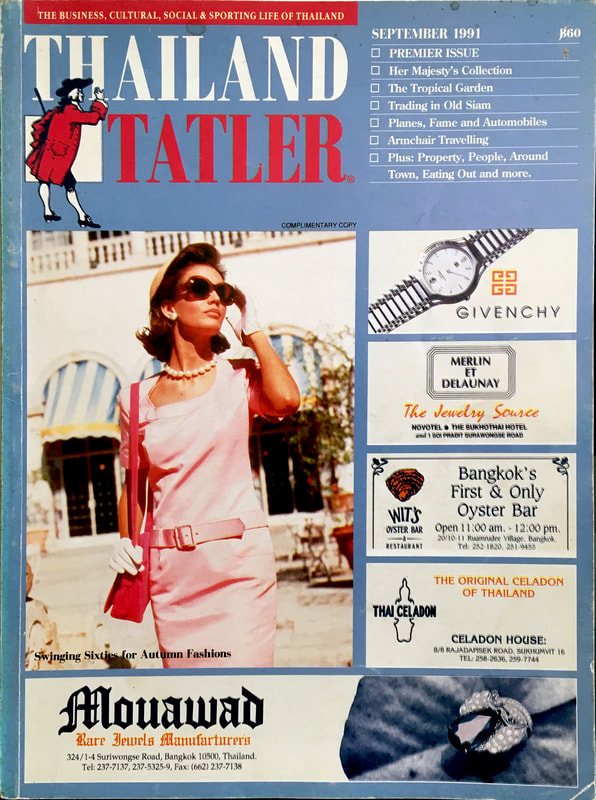
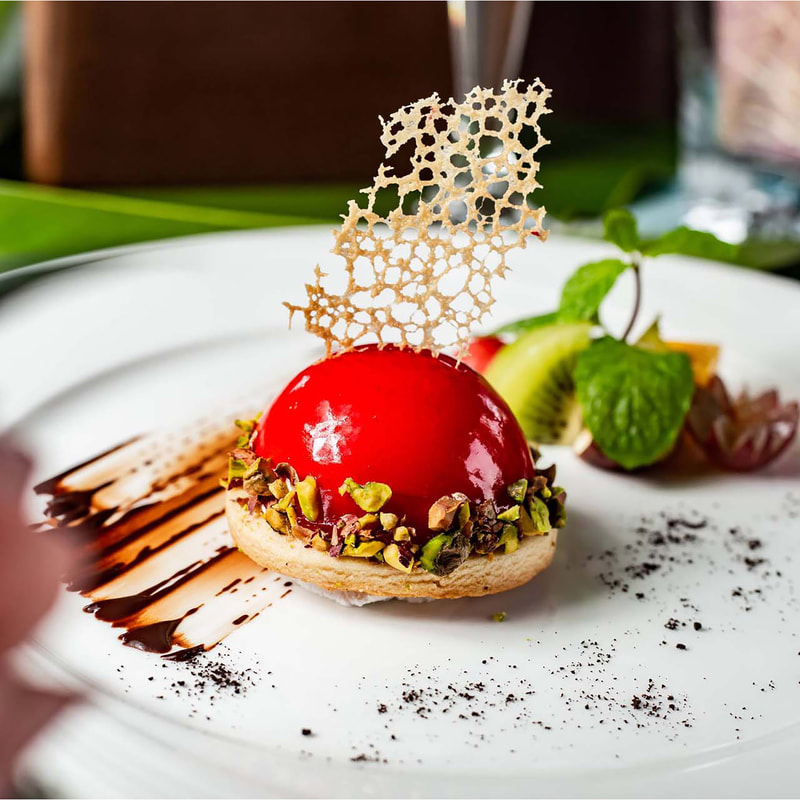
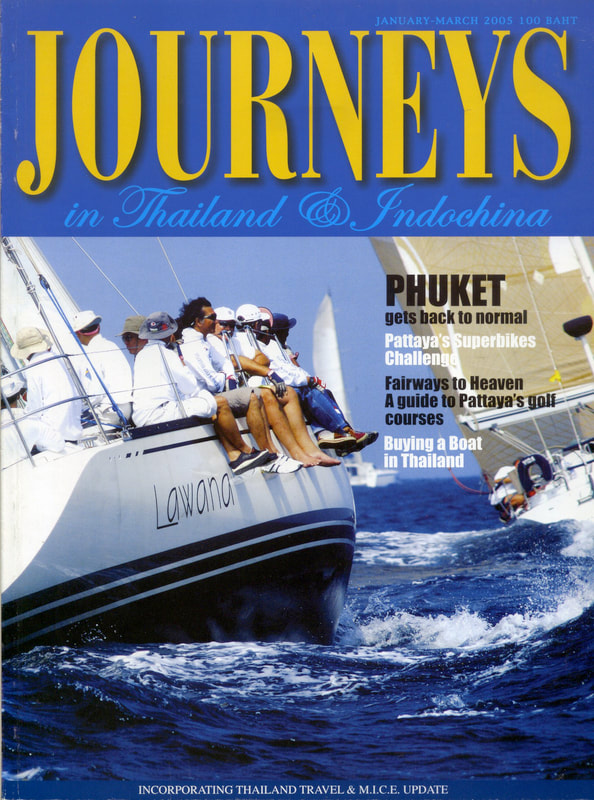
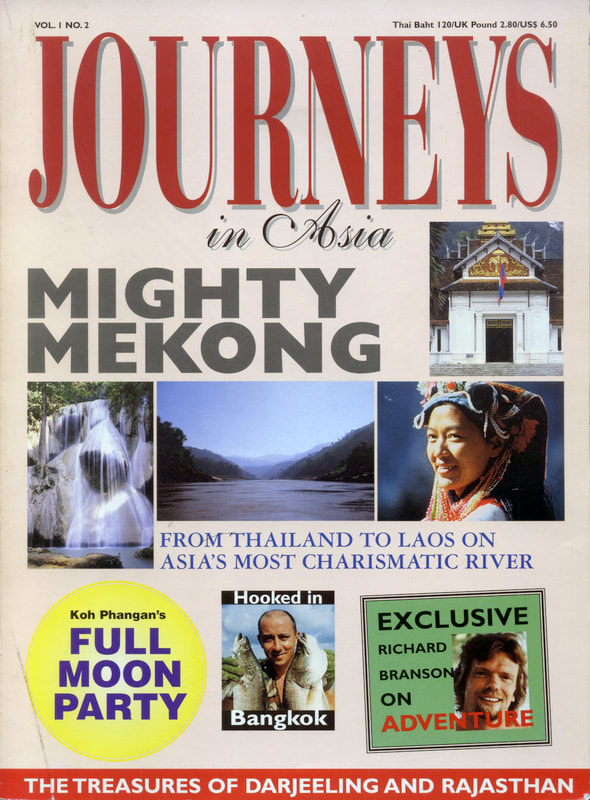
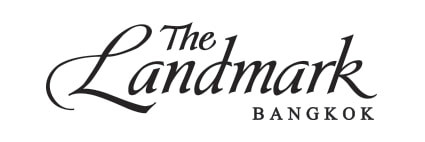
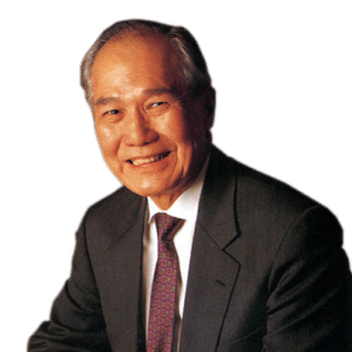
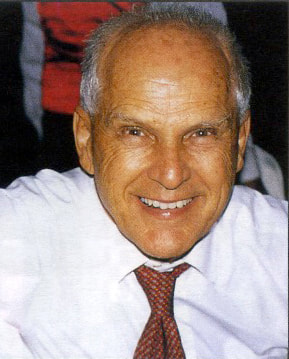
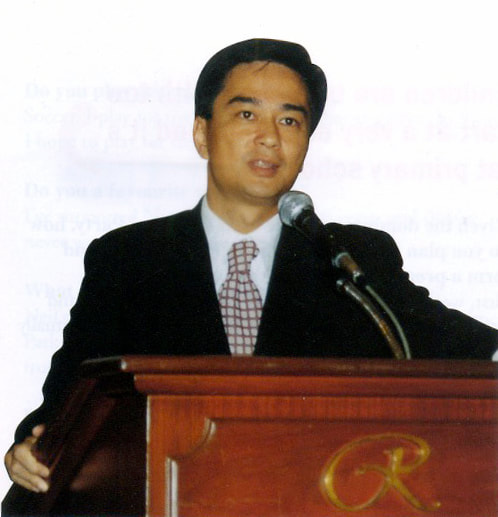
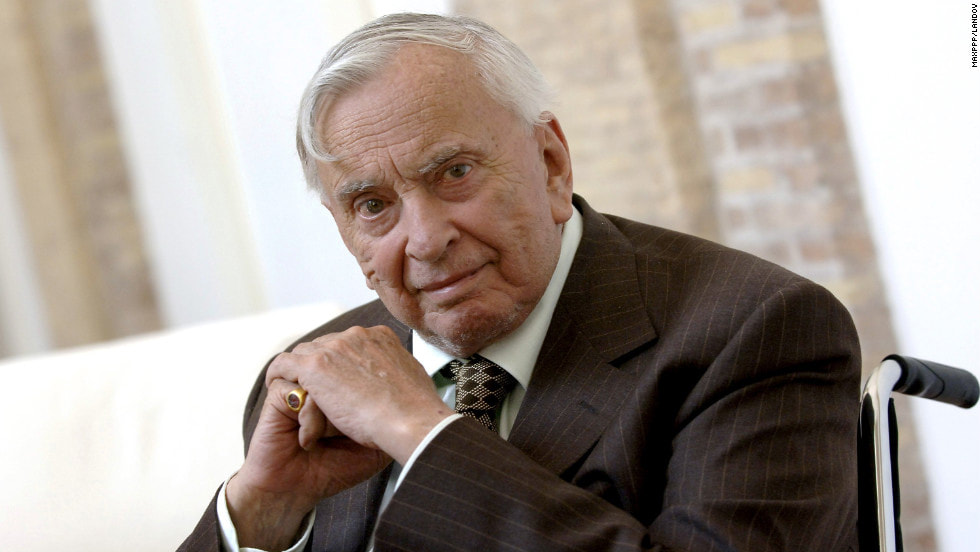
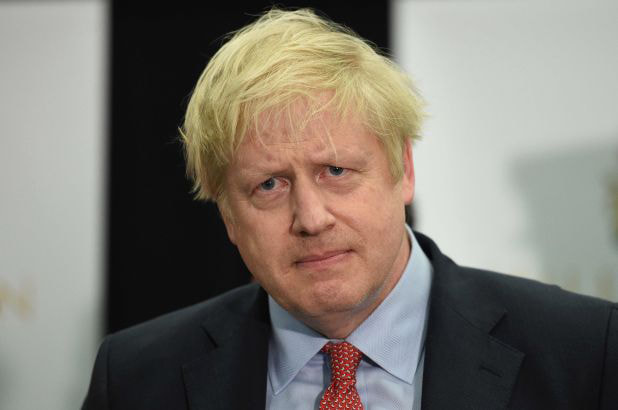
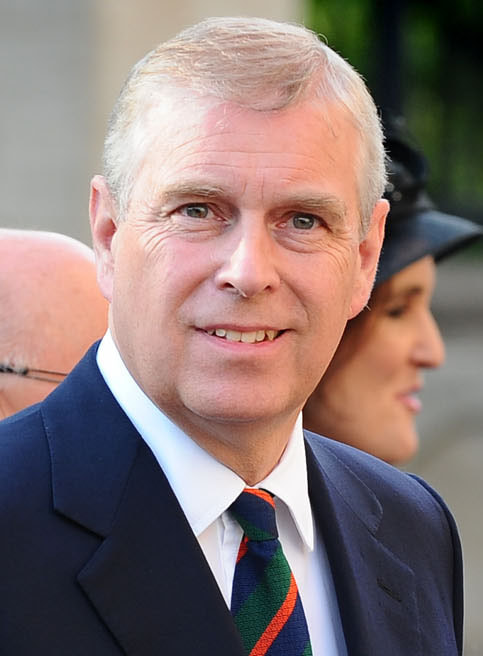
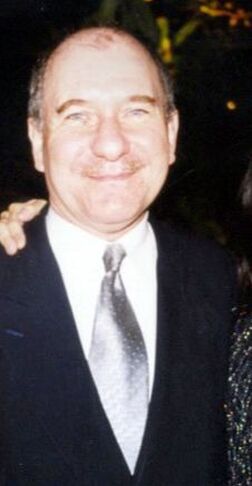
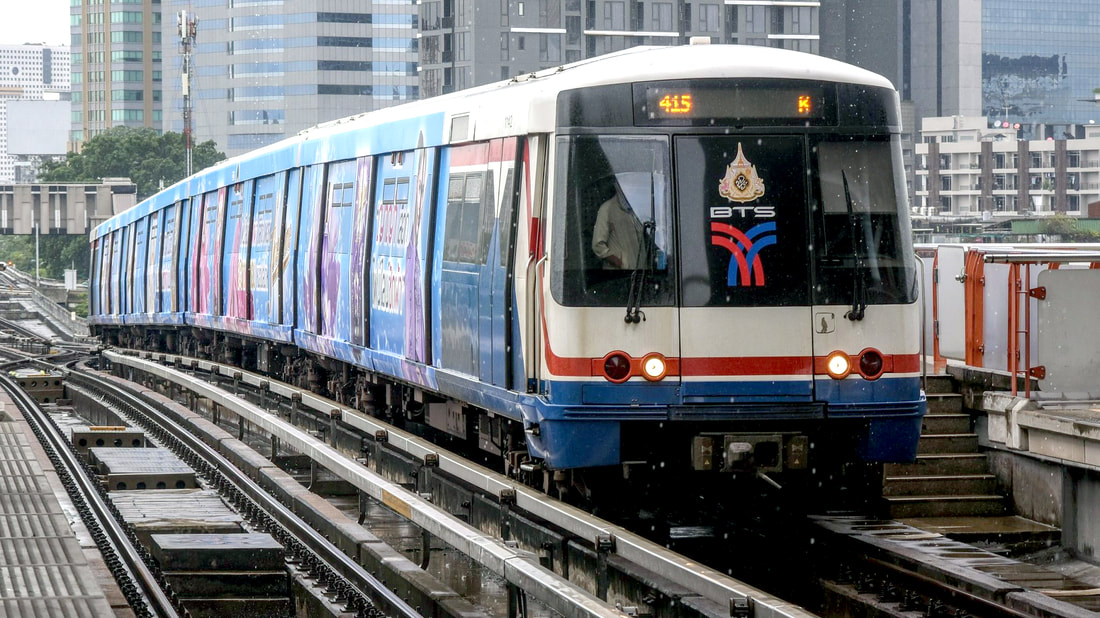
 RSS Feed
RSS Feed
















